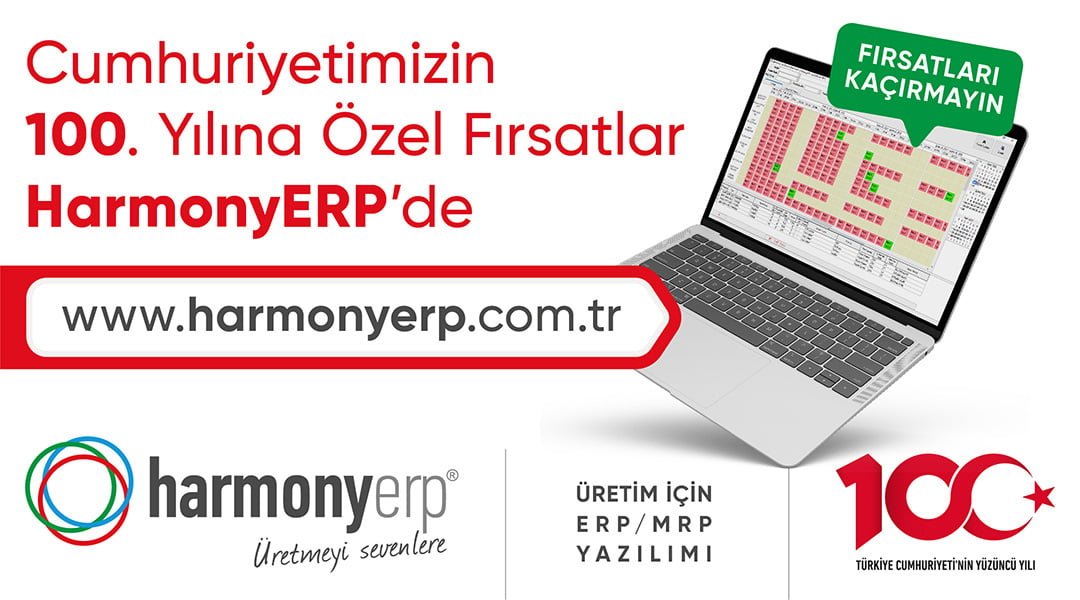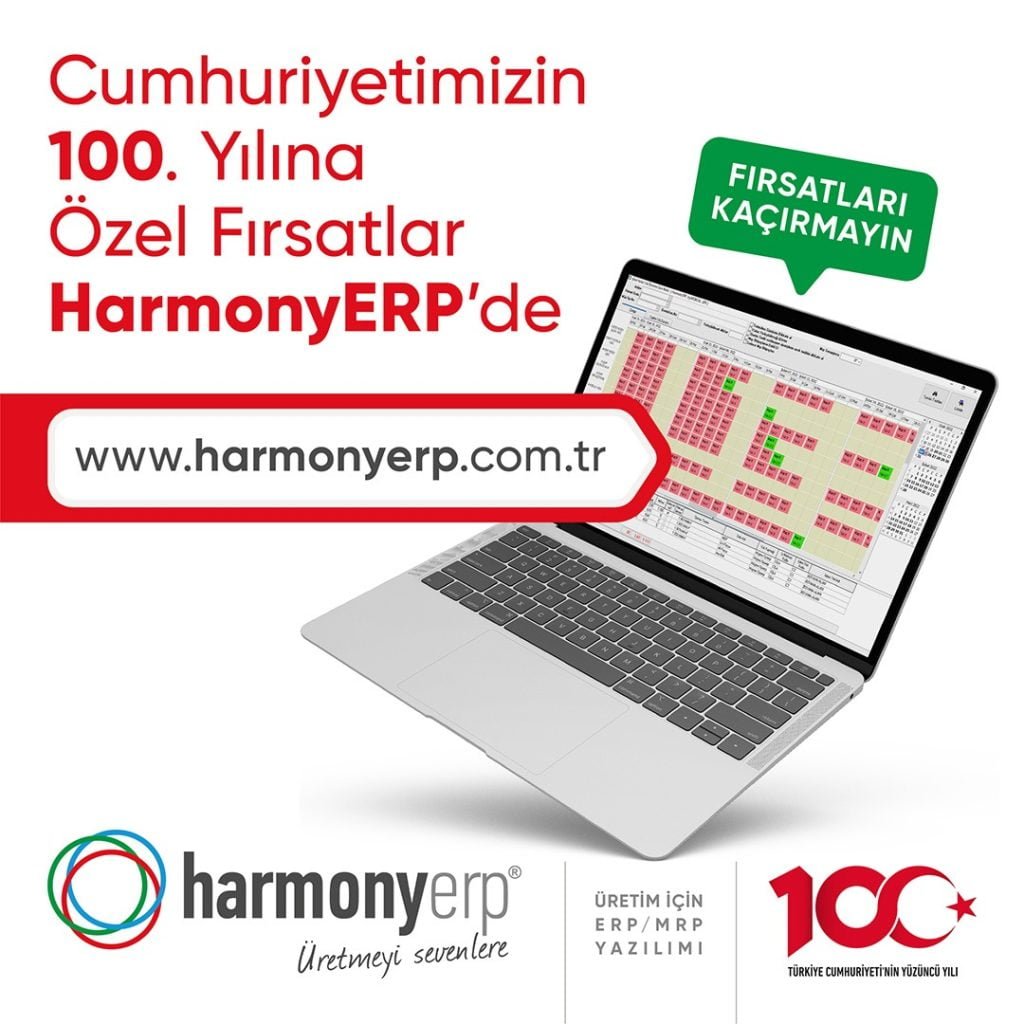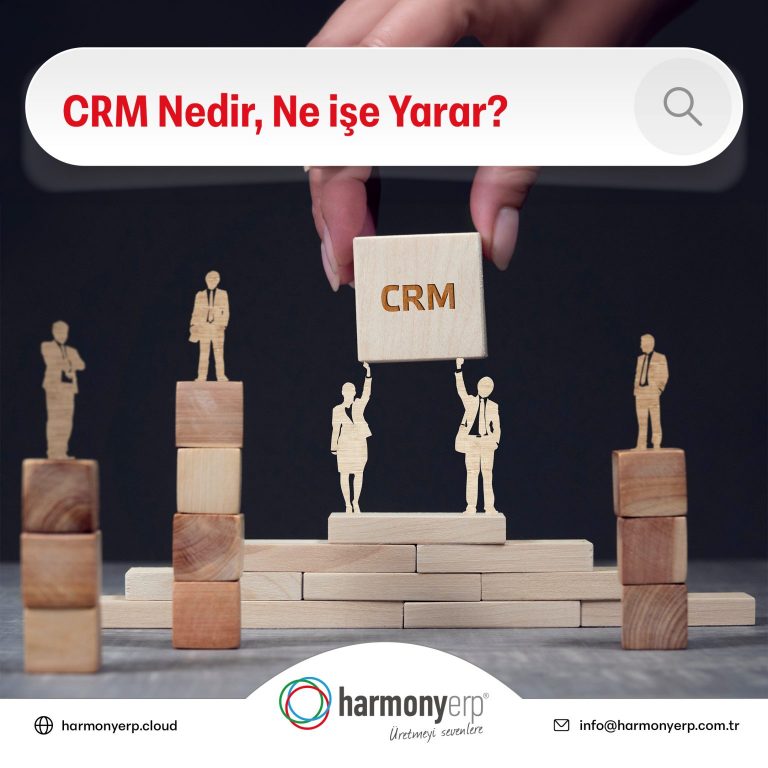Enterprise Resource Planning (ERP)

What is Enterprise Resource Planning (ERP)?
Enterprise Resource Planning (ERP) is a software system that aims to manage all resources and processes of businesses by integrating them. These systems combine various business functions such as finance, human resources, production, supply chain management and customer relations into one centralized platform. ERP systems enable businesses to operate more efficiently and effectively by automating the processes of collecting, processing and analyzing data.
One of the most important advantages of ERP is the integration of all business processes. This integration enables different departments of the business to better communicate and collaborate with each other. For example, instant data sharing between the sales department and the production department helps production planning to be more accurate and customer demands to be met faster. In this way, businesses gain competitive advantage by saving both time and cost.
Basic Components of ERP Systems
ERP systems consist of various modules and components. These modules can be customized and expanded according to the needs of the business. Key ERP modules include finance and accounting, human resources, manufacturing, supply chain management and customer relationship management. Each module supports a specific business function and all modules work in an integrated way.
The finance and accounting module manages the financial operations of the business and provides financial reporting. This module automates the processes of recording and monitoring financial information such as revenues, expenses, assets and liabilities. The human resources module provides employee management. This module supports human resources processes such as personnel information, payroll processing, performance evaluations and training programs.
Advantages of ERP for Businesses
ERP systems provide many advantages to businesses. These include increased efficiency, cost savings, better decision-making processes and increased customer satisfaction. ERP systems enable businesses to access faster and more accurate information by automating and integrating business processes.
Increased productivity is one of the most important advantages of ERP systems. Automating and integrating business processes reduces manual processes and minimizes errors. This allows employees to focus on more strategic and value-creating work. Cost savings is another important advantage offered by ERP systems. Automation and integration reduces operational costs and enables more efficient use of resources.
ERP Implementation Process
Successful implementation of ERP systems requires careful planning and management. The implementation process usually consists of several phases: needs analysis, system design, data migration, training and testing, and finally commissioning. These processes are customized and optimized to suit the needs and goals of the business.
In the needs analysis phase, the existing business processes and needs of the business are evaluated. This assessment helps to determine which modules and functionalities of the ERP system are best suited for the business. During the system design phase, the ERP system is customized and configured according to the identified needs. In the data migration phase, data from existing systems are transferred to the new ERP system. In the training and testing phase, users are trained on the ERP system and tests are conducted to ensure that the system is working correctly. Finally, the system is commissioned and deployed across the enterprise.
Things to Consider in ERP Selection
ERP system selection requires finding a solution that fits the needs and goals of the business. There are several important factors to consider in this process. First of all, the ERP system needs to fit the current business processes and future growth targets of the business. It is also important that the ERP system is user-friendly and easily adoptable by employees.
Another important factor in ERP system selection is the integration capabilities of the system. Choosing an ERP solution that is compatible with the existing software and systems of the business facilitates the integration process and ensures that business processes continue uninterrupted. In addition, the support and services offered by the ERP provider should also be considered in the selection process. A strong support team ensures the successful implementation and sustainability of the ERP system.
The Future of ERP
With the rapid development of technology, ERP systems are evolving and gaining new capabilities. Cloud-based ERP solutions offer businesses a more flexible and scalable structure, providing advantages such as cost savings and data security. In addition, advanced technologies such as artificial intelligence and machine learning are being integrated into ERP systems, making it possible for business processes to become smarter and more predictable.
In the future, ERP systems are expected to have more automation and data analytics capabilities. In this way, businesses will be able to operate more efficiently and have more data-driven insights to make strategic decisions. In addition, the integration of technologies such as IoT and big data analytics into ERP systems will help businesses gain a competitive advantage by increasing their operational efficiency.
Enterprise Resource Planning (ERP) is a strategic tool that businesses use to increase their productivity, reduce costs and gain competitive advantage. ERP systems integrate and manage all resources and processes of businesses and automate the processes of collecting, processing and analyzing data. In this way, businesses can make better decisions by accessing faster and more accurate information. Successful implementation of ERP systems requires careful planning and management. In the future, with the development of technology, ERP systems are expected to become more intelligent and predictable. This will provide businesses with greater efficiency and competitive advantage.

Previous Post
What is Electronic Supply Chain Management (e-Sourcing)?
Next Post
What is Inflation Accounting?






